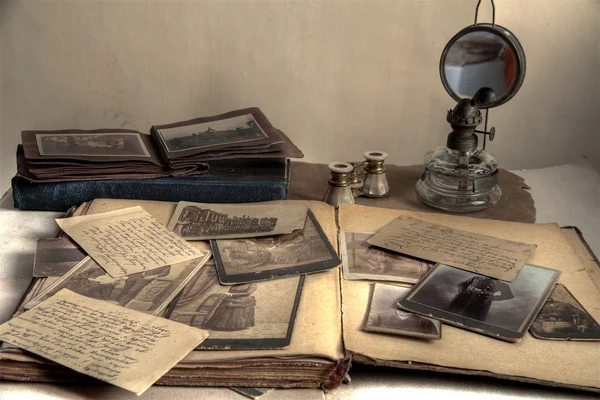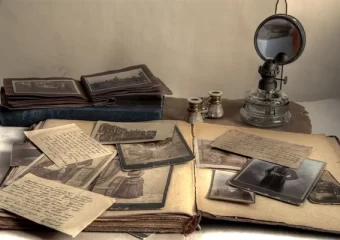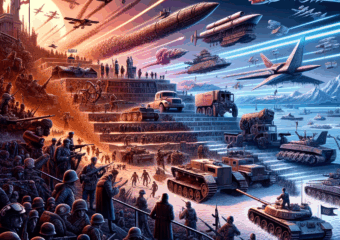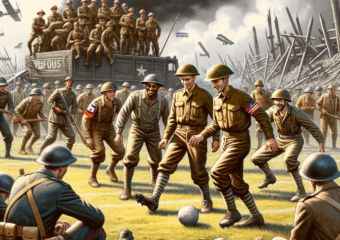The 20th century was one of the most turbulent and transformative periods in human history. Marked by unprecedented technological progress and political upheaval, it was also a century defined by devastating wars that reshaped national borders, economies, ideologies, and the very fabric of global society.
From the trench warfare of World War I to the nuclear shadow of the Cold War, the major conflicts of the 1900s left indelible marks on both the world map and the collective human psyche. In this article, we’ll examine key wars of the 20th century, their causes, consequences, and legacy.
World War I (1914–1918)
Often called “The Great War,” World War I erupted following the assassination of Archduke Franz Ferdinand of Austria. What began as a regional dispute quickly escalated into a global conflict involving over 30 nations, including the major powers of Europe.
Trench warfare, chemical weapons, and the first use of tanks and aircraft in combat defined the brutal and stagnant nature of the war. With an estimated 16 million deaths, the war left deep scars and paved the way for major geopolitical changes, including the collapse of empires (Ottoman, Austro-Hungarian, Russian) and the emergence of new states in Eastern Europe and the Middle East.
World War II (1939–1945)
World War II was even more destructive, involving more than 100 million people across the globe. Triggered by the rise of fascist regimes in Germany, Italy, and Japan, the war saw unimaginable atrocities, including the Holocaust and the atomic bombings of Hiroshima and Nagasaki.
Fought across Europe, Africa, Asia, and the Pacific, the conflict fundamentally changed the world order. The Allied victory in 1945 led to the formation of the United Nations, the beginning of the Cold War, and a new global balance of power centered around the United States and the Soviet Union.
The Cold War (1947–1991)
Although not a traditional war with direct military confrontation between superpowers, the Cold War was a prolonged ideological and geopolitical struggle between the capitalist West (led by the U.S.) and the communist East (led by the USSR).
The conflict manifested in proxy wars (Korea, Vietnam, Afghanistan), espionage, nuclear arms races, and psychological warfare. Events like the Cuban Missile Crisis in 1962 brought the world to the brink of nuclear destruction. It wasn’t until the fall of the Berlin Wall in 1989 and the collapse of the Soviet Union in 1991 that the Cold War officially ended.
Other Significant 20th Century Conflicts
- Korean War (1950–1953): A major Cold War proxy conflict that divided Korea into North and South, a division that still exists today.
- Vietnam War (1955–1975): Another Cold War battleground where the U.S. fought to prevent the spread of communism, ultimately withdrawing after years of fierce guerrilla warfare and domestic protest.
- Iran-Iraq War (1980–1988): A brutal and prolonged conflict rooted in regional tensions, ideology, and territorial disputes.
- Afghan-Soviet War (1979–1989): A devastating war where Afghan insurgents, backed by the U.S. and other Western nations, resisted Soviet occupation—often considered a factor in the USSR’s eventual collapse.
Wars and Culture
War doesn’t just impact politics and borders—it affects culture, art, language, and even sports. During times of conflict, sports events were often suspended, redirected for morale, or politicized. Interestingly, even in peacetime, the influence of war can be seen in the way people approach competition and risk-taking. Some football fans, for instance, enjoy exploring advanced statistics and risk analysis through resources like apuestas de fútbol, applying strategies not unlike those used in military tactics.
Comparison Table: World War I vs. World War II
| Aspect | World War I | World War II |
|---|---|---|
| Years | 1914–1918 | 1939–1945 |
| Main Causes | Nationalism, alliances, imperialism | Expansionism, fascism, unresolved WWI tensions |
| Casualties | ~16 million deaths | ~70–85 million deaths |
| Geopolitical Outcome | End of empires, Treaty of Versailles | UN formation, Cold War begins |
| Technology Used | Trench warfare, tanks, poison gas | Aircraft, radar, atomic bombs |
Conclusion
The wars of the 20th century shaped the modern world in profound ways. From redrawing borders to redefining international relations and human rights, their impact is still felt today. Understanding these conflicts is essential not just for historians or scholars, but for anyone seeking to comprehend the dynamics of our current geopolitical landscape.
As we reflect on these monumental events, we are reminded of the cost of conflict—and the enduring importance of peace, diplomacy, and global cooperation.




